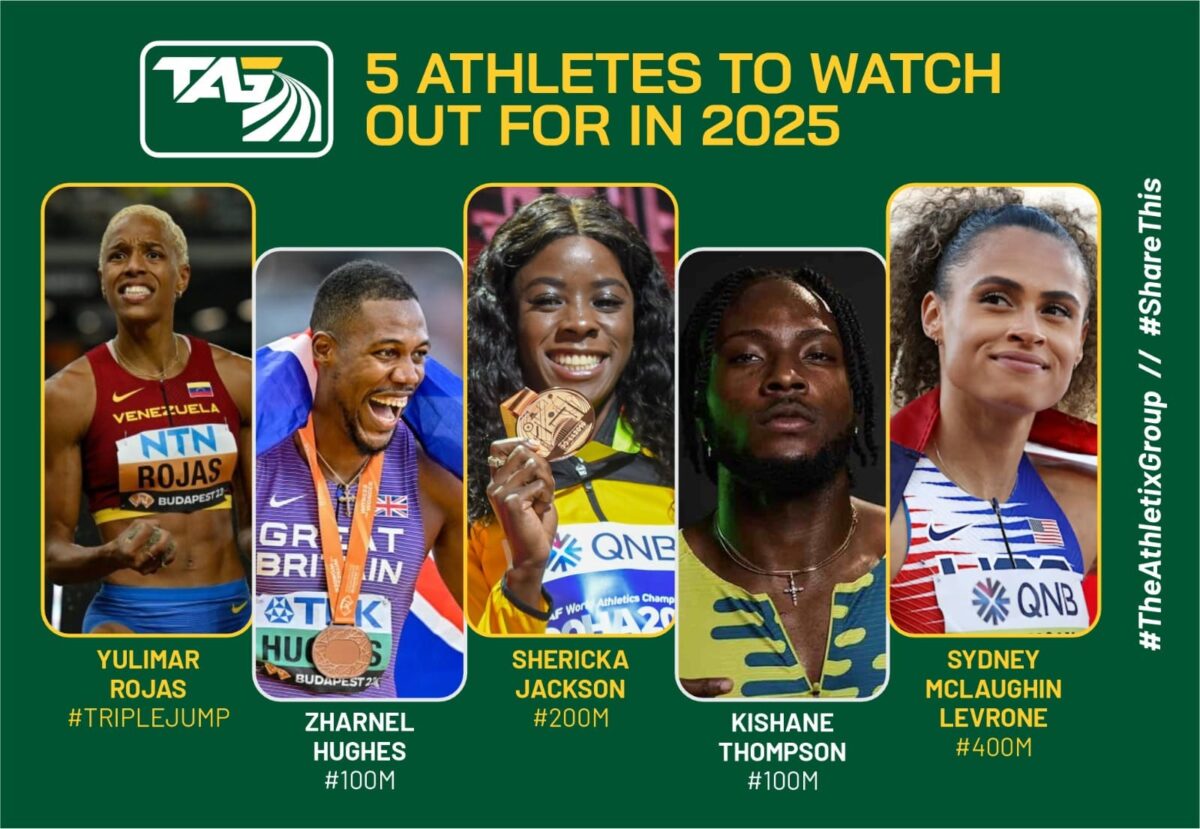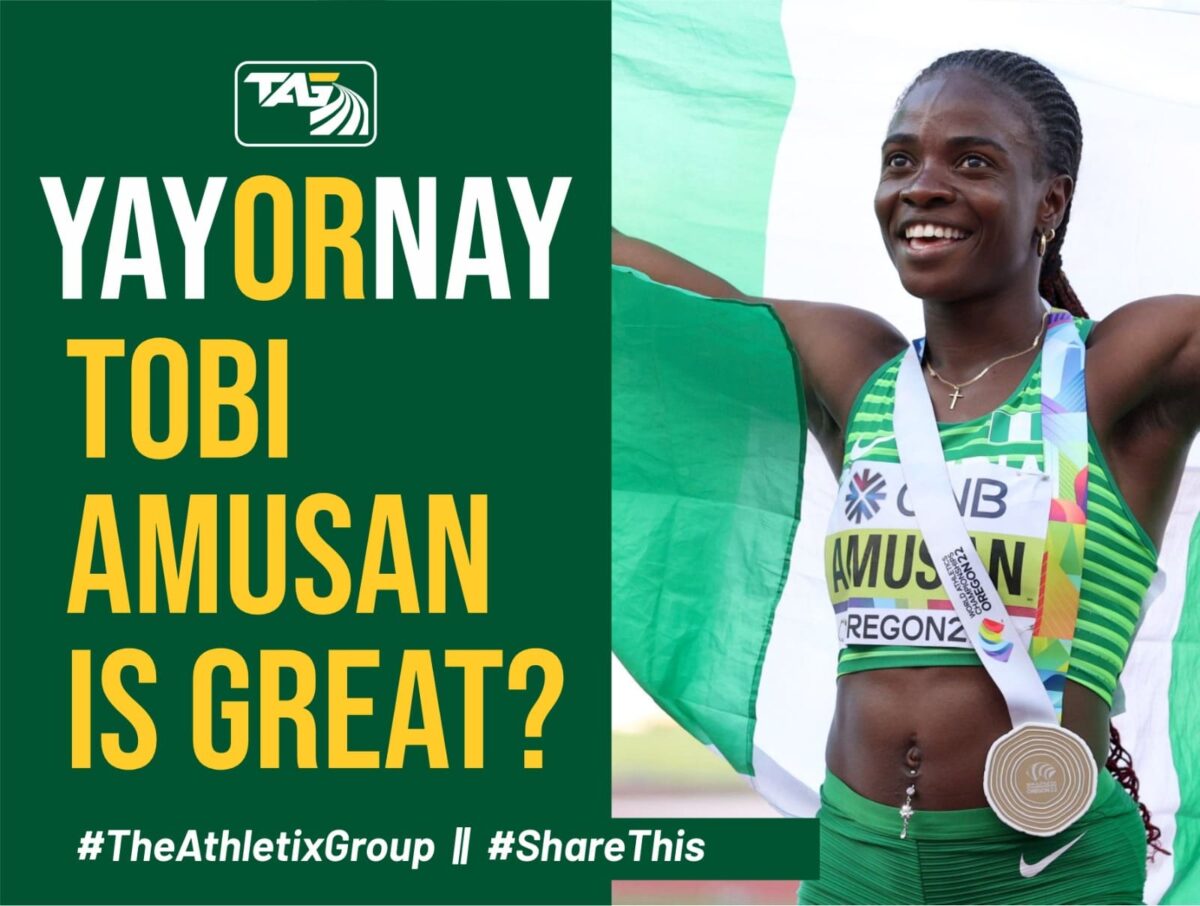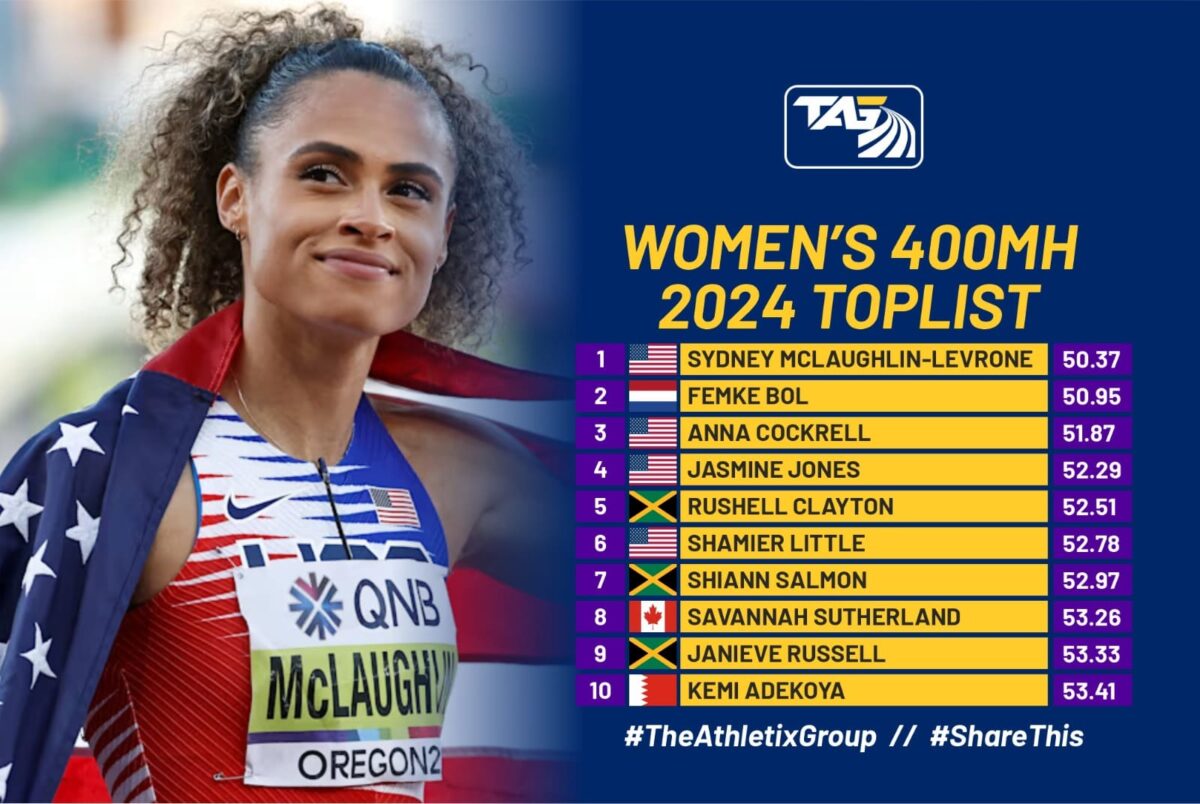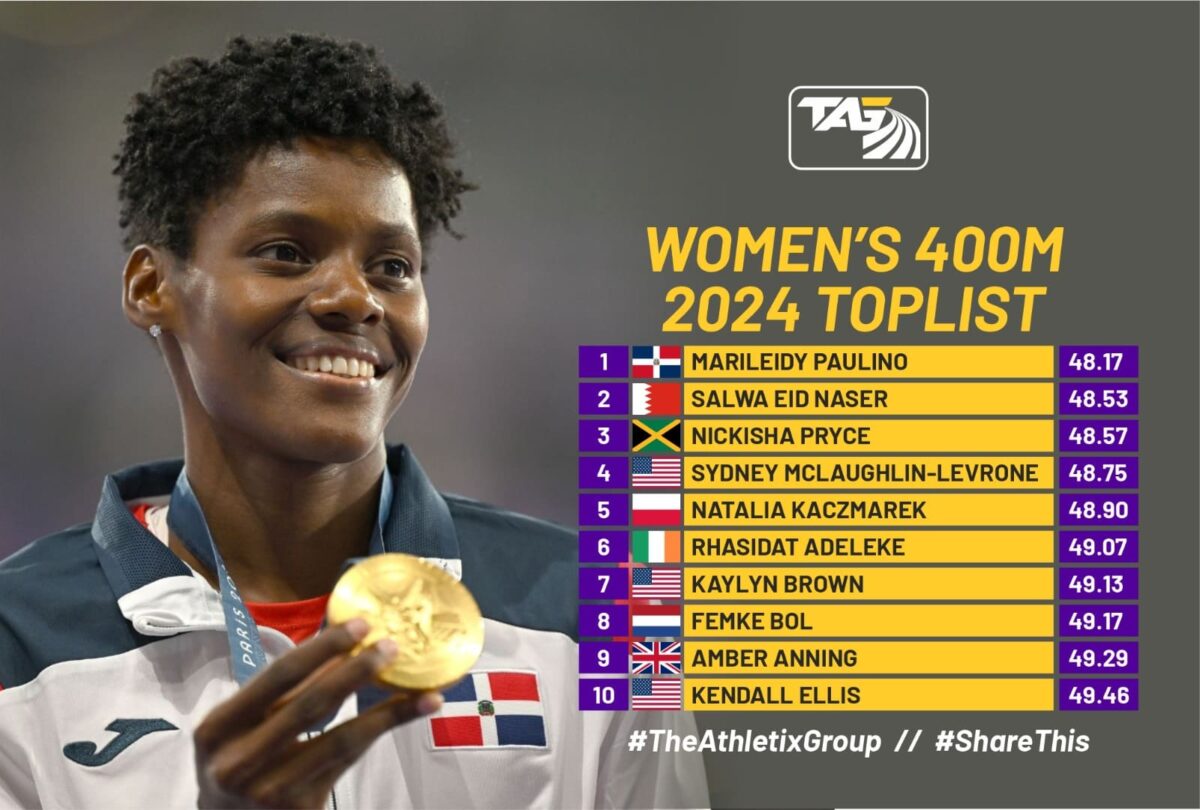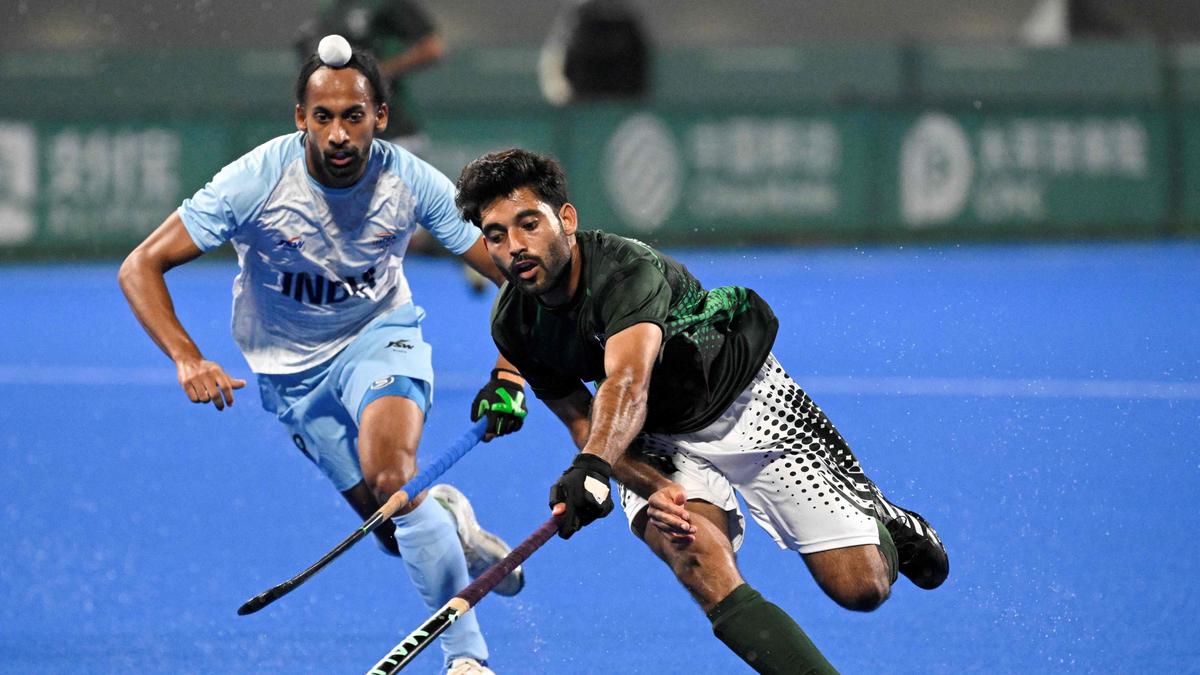
Pakistan unsure of participation in FIH Pro League 2025-26 due to cash crunch
July 24, 2025Oleksandr Usyk vs. Joseph Parker: WBO orders undisputed champion to defend title against interim titleist
July 24, 2025
The British athlete sealed a memorable win at the London Stadium, marking a full-circle moment after years of battling injury
Thirteen years ago, Tyri Donovan was watching the magic of the London 2012 Olympic Games unfold. The sight of world-class athletes racing around the track at London Stadium lit a fire in him. Last weekend, Donovan returned to that same venue – no longer as a spectator, but as a winner.
In what felt like a full-circle moment, Donovan stormed to victory in the men’s national 400m hurdles race at the Diamond League meet on Saturday, July 21. Not only did he top a competitive British field, but he also matched his personal best time of 48.46 seconds while running in front of 60,000 spectators.
As he was warming up for his event, the national anthem rang out across the stadium during a special ceremony honouring the British 4x400m men’s relay team from the 1997 World Championships [Roger Black, Iwan Thomas, Jamie Baulch, Mark Richardson and Mark Hylton], who were elevated from silver to gold following the disqualification of the USA team.
The moment served as a reminder to Donovan of where he was and what it meant—setting the tone perfectly for the performance that followed.
His time of 48.46 places him among the top three British 400m hurdlers this year, with only Alastair Chalmers (48.30) and Seamus Derbyshire (48.42) having gone faster in 2025. Crucially, the result saw Donovan dip under the qualifying standard for the World Championships in Tokyo.
The 26-year-old’s success is particularly significant in light of the challenges he has faced. Donovan’s career was disrupted in 2019 by a prolapsed disc – an injury that forced him into an extended spell away from the track. Instead of stepping back entirely, he focused on recovery and self-education, spending time learning more about the mechanics of his own body to better understand how to rebuild.
That period of rehabilitation paid off last season, when he made a successful return by winning the English National Championships. Since then, his progress has been steady and focused. Balancing full-time work with elite training has been no easy task, but Donovan, who runs for Windsor, Slough, Eton and Hounslow AC, has benefitted from a strong support system. Coach Marina Armstrong has played a central role in guiding his return to form, with additional mentorship from fellow athletes she has also coached, including Jessie Knight, Chris McAllister, and Jacob Paul.
Adding to that foundation is the inspiration found at home. Donovan’s dad, Dan Donovan, a former 400m runner and British Championships silver medallist, has been a steady presence in his journey. Seeing his son follow a similar path, now with medal prospects of his own, has been a proud chapter in their shared sporting story.
Looking ahead, the spotlight now turns to the British Championships in Birmingham next weekend. With a resurgence of talent in the men’s 400m hurdles, the race is shaping up to be one of the most competitive events on the schedule – and Donovan is firmly in the mix.
How do you feel after your win in London?
It’s surreal because if we wind the clocks back a year , I ran a very respectable 50.29 and that was my PB. I knew a lot of my mates in that race such as Efekemo [Okoro], Seamus [Derbyshire] and Alex [Knibbs], and they are all well-seasoned internationals and I’ve not had an opportunity to showcase my work on that stage yet. So I definitely want to give a lot of respect and admiration to Martin Rooney for setting up that event in London.
What was the atmosphere like in the stadium?
I think when it really hit was when we were lining up before doing our first hurdle and the 4x400m lads from 1997 were getting their medals. The national anthem blared out as we were waiting to get ready for the gun and I think that’s when it hit me. It was really happening now. You can’t get that anywhere else. It’s a home crowd and it spurs you on, it gets you around the track. There’s nothing I can compare it to at all.
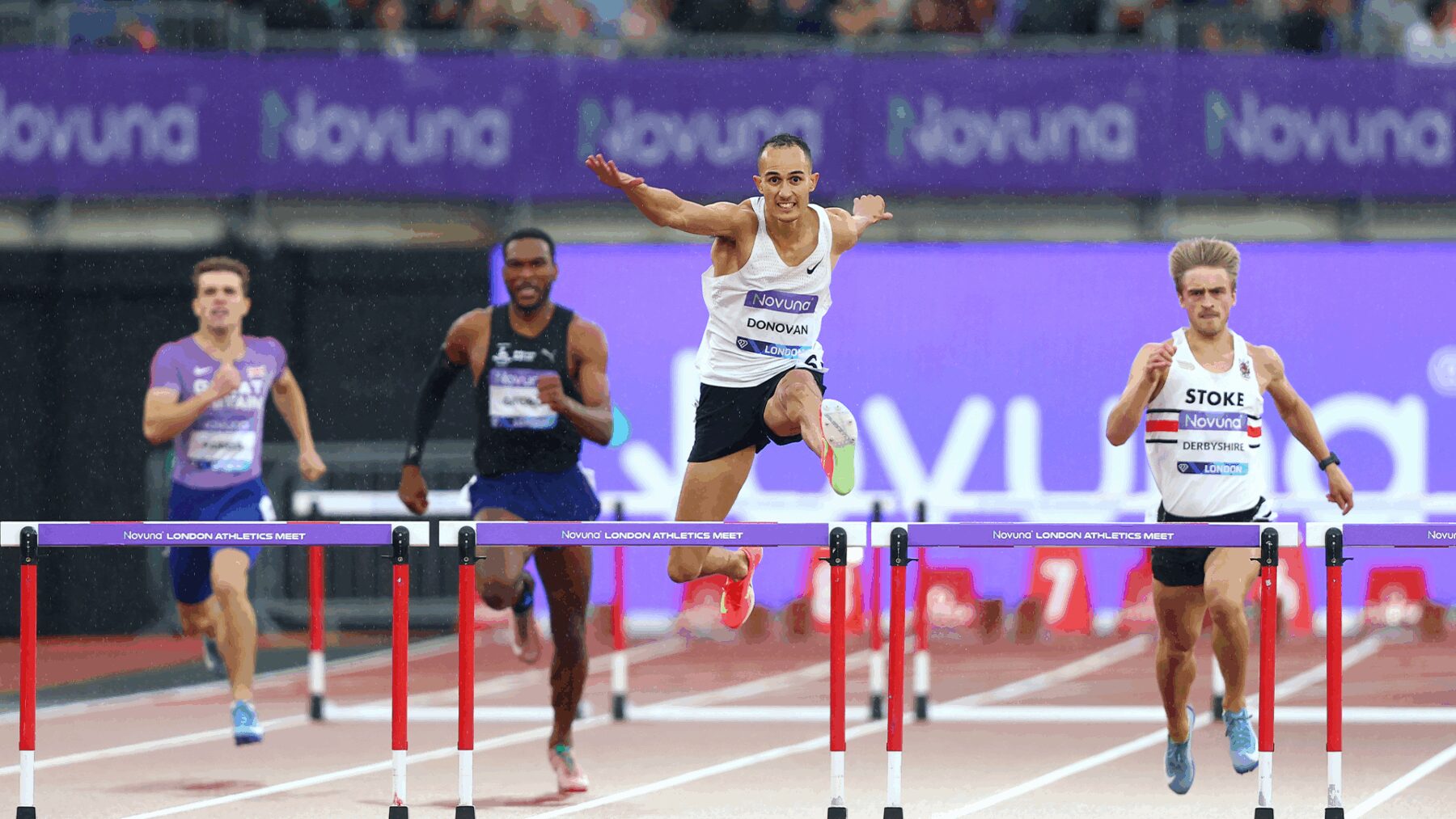
How do you reflect on the race itself?
One thing I’m quite proud of this year is I feel like I’ve matured my running style quite a lot. I’m a very aggressive, explosive hurdler, so I like to get out hard in that first 200m. But what I’m doing now is allowing myself to be part of the chaos and allowing myself to be patient and it’s provided me that finish on the last 150m.
There’s growth and maturity there. I am now finding myself to be much more of a complete 400m hurdler and I’m not someone who’s running out of fear, but I’m actually running out of strategy. I think that is where the consistency is coming from and obviously I’ve got my coach Marina Armstrong to be a massive part in that.
What did the win in front of a home crowd mean to you?
I’ve been in this sport now for almost 10 years come September. I know a lot of people, like me, have come into the sport from London 2012 and we all watched that competition. It’s been a lot about growth and fulfilment for me because yes, the wins are great but, the experience of travelling around Europe and coming to competitions where people want to take care of you, they want to see you perform, that’s what I’m most grateful for. All I have to do is turn up on the day.
I’ve only been a spectator when I’ve gone to the London Stadium, whether it’s been for the anniversary games or 2012 Olympics, so to even imagine that you’re having the opportunity to step on the track, let alone perform and then pull off a performance like that, it’s something that you can’t even visualise.
I’m very much into manifesting and visualising my performances but every time I was trying to visualise my performance leading up to that race, you couldn’t fathom it because it’s something that’s so iconic.
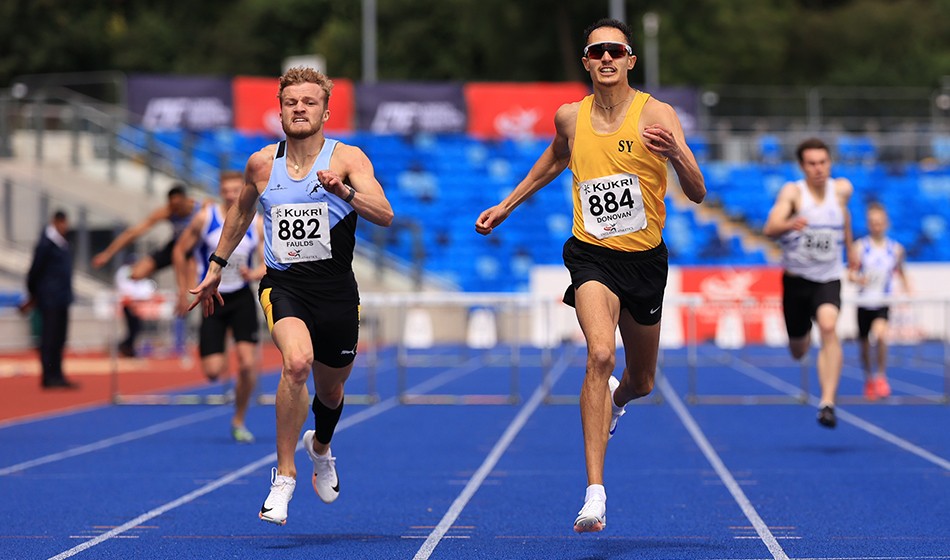
How has injury affected your performance over the last few years?
I had a prolapsed disc in 2021 and it took me out of the sport for three years. Essentially, I had my first slipped disc in 2019 and then the pandemic hit and I wasn’t at a level where I was able to compete professionally. I was able to train through those years but I never had a competition. There was a time for me between 2019 and 2023 that I didn’t have a record of competition so I lost pretty much the entire Olympic cycle of competing.
When I came back last year, I had grinded out so hard with training that the breakthrough almost felt like it was natural because it wasn’t a shock knowing the work I’d put in. I’ve had many opportunities to step away from the sport because of my health and I know a lot of people, especially my family, were very concerned about the damage that the sport was doing to my body. But I’ve had some great people around me to try and manage it and moments like Saturday [London] really stand out because you have to take every moment in.
What did your recovery period look like?
I took it as a study. I would go as far to say that the injury has actually been the best thing that’s happened to me over the last three or four years because it’s made me sit down and study my body from head to toe. I’ve been able to analyse the things in my races which do work and don’t work. It does take a numbness to your mind but for me, I love to learn. If I was to lose a race, I’m not someone who’d get pent up too much. I would take the advantages of learning as to why I’ve lost that race and what I could have done better.
I tap into my nutrition and I’ve had great sleep psychologists and sleep therapists to help with my recovery. I’m also a big cook. My first job was as a baker so my enthusiasm for learning how to cook different meals is great.
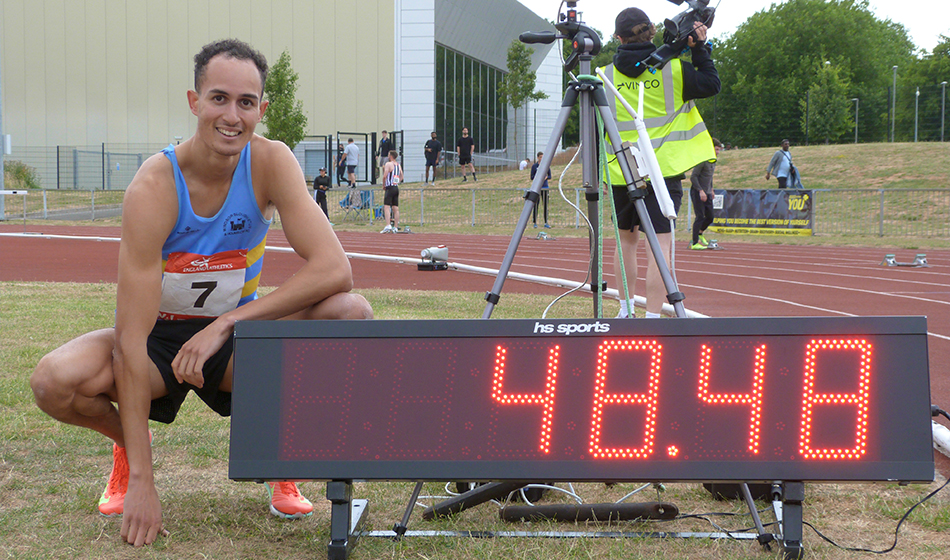
What impact has the sport had on your personal life?
I think most of the training probably comes off the track and that’s where it comes with maintaining relationships with your family and maintaining healthy relationships with friends and partners. My dad is so passionate about the sport and it’s difficult when you get to such a level to try and make people understand and sometimes I have to be in the zone and be detached. I am just glad that he can enjoy himself watching the sport. I am very grateful for the support of all my family member’s and my dad has obviously played a huge part in getting me to where I am today.
It is quite an isolating sport and I do spend a lot of time away from my family. I’ve lost good friends and healthy relationships from the sport and I don’t want to be someone who is taking advantage of other people’s time when they can be pursuing their own pathways. The pathways that we are on in the sport is so cutthroat and the margins are so fine, it’s very difficult to find a balance between your working lifestyle and maintaining your relationships with family and work.
It does take a lot out of you and it’s not always going to be full of highs. There’s been a lot of sacrifices and I just want to make sure that the work I’m putting out is representative of the sacrifices I’ve made.
Does your dad, as an ex-athlete, play a part in your coaching?
It’s taken a while for him to get into a way where he’s trying not to be an influence because he’s had great experience as an athlete but when it comes to the training itself, my coach has always said, whatever she says goes. Obviously, my dad is my dad at the end of the day and I just want him to enjoy the work that I’m putting in so it’s hard to stop him from influencing things because he is so passionate about the sport and obviously he loves me. I hope I can one day I can say I’ve given them all I can because him and my mum have been incredible with my pathway so far.
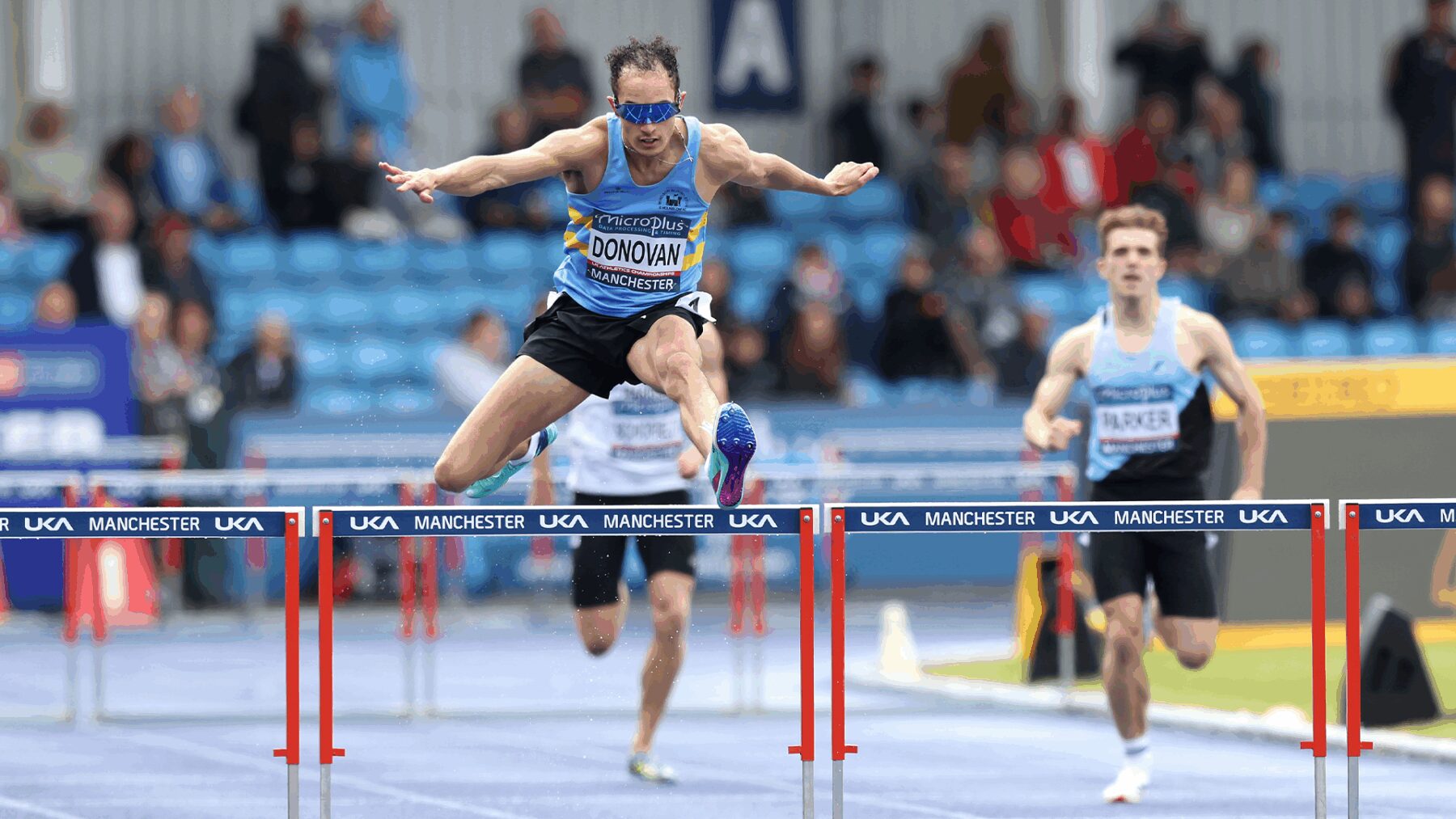
How do you manage working full-time alongside the sport?
I try to see it as the norm because between the junior and the senior age category everyone is having to balance something that is full-time. I feel like because I’ve been doing it from A-levels through university, I’ve had that progression of understanding how to balance it through academics, how to balance it through social life and how to balance it through now working full-time. I
In the back of my mind I do think where could the potential of that time be spent if I was working part-time or being a full-time athlete? We recognise that those opportunities are very fine and I’m grateful just to be performing and going around the country, and my workplace has been very supportive of that.
What are your future goals?
I would like to make my senior GB debut, whether that be for this year in Tokyo or the next however many years I’m doing the sport. But I just want to make sure that I can give back to those who’ve given me the opportunity to be at this stage. My coach has been through so much, especially these last two years and I think I’m in a position now where I can start to say this is what we’ve worked hard for.
I want to continue finding that balance, and repay all the efforts and hard work that my coach and my team have done for me over the last nine years and whatever comes through with that, whether that’s a debut for GB or whether that means I’m representing the club in the National League, I just want to give back to the people who’ve given me this platform.


